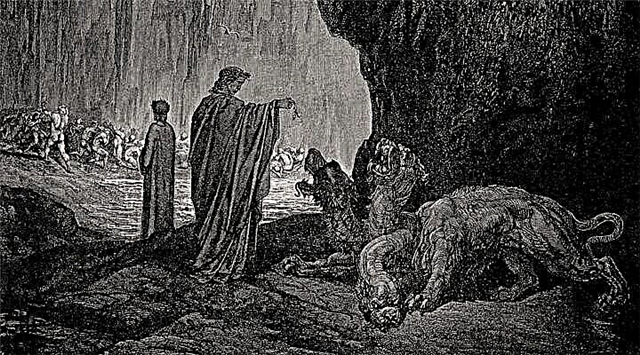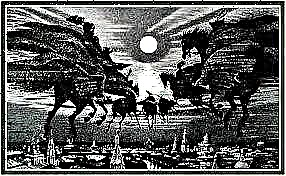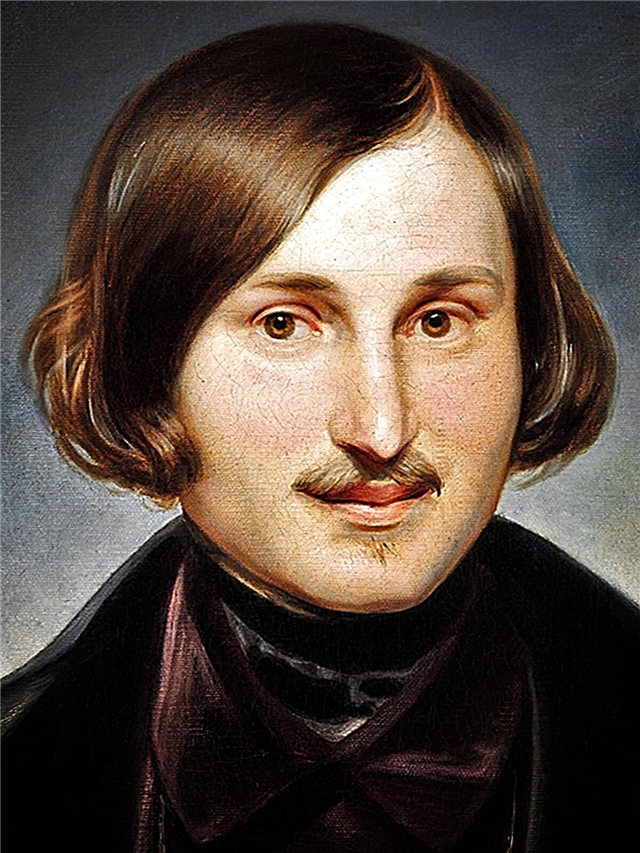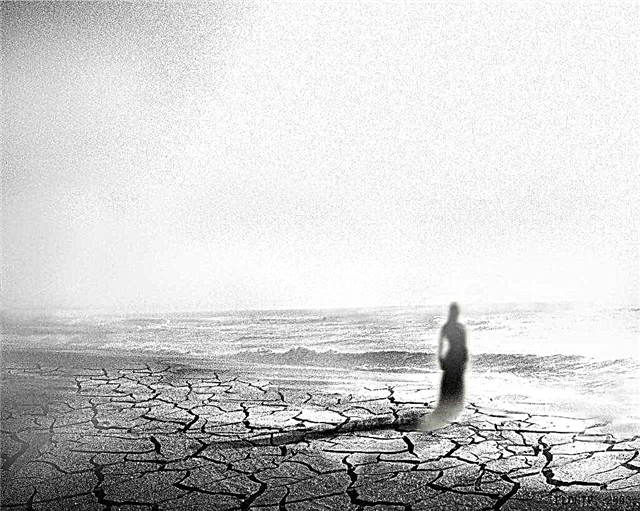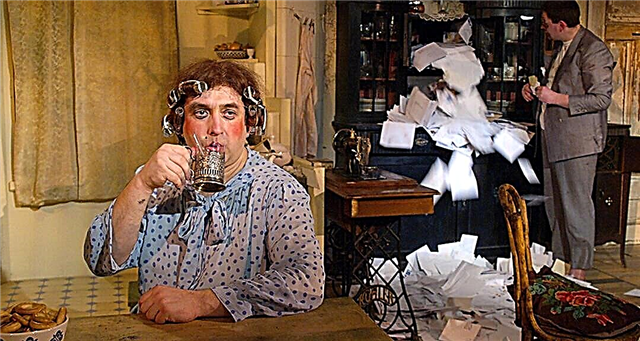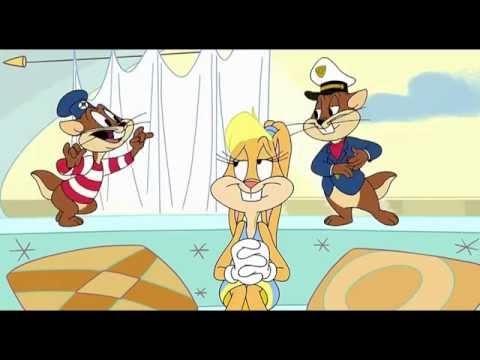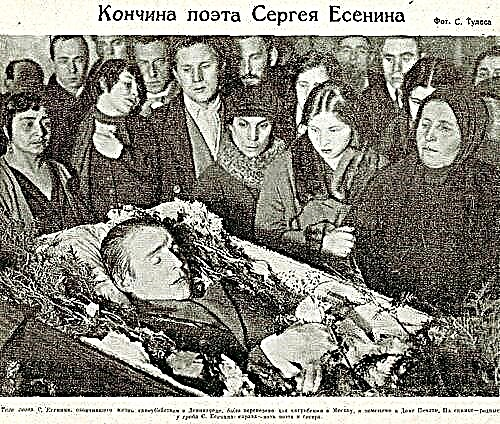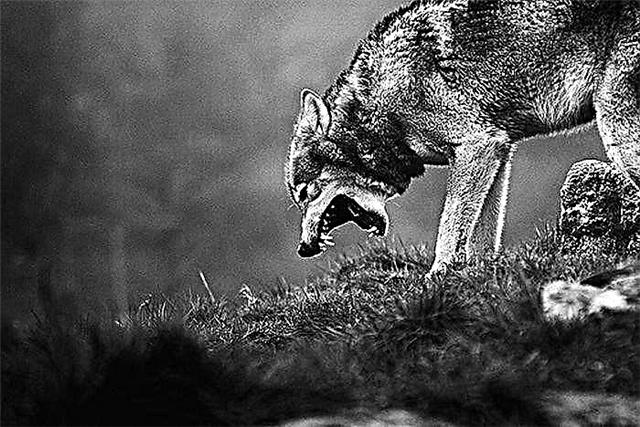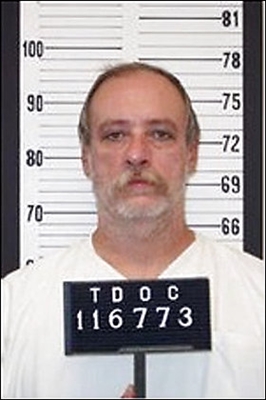(351 words) Anton Pavlovich Chekhov lived in a difficult time for Russia. The country cautiously entered the twentieth century. An empire tormented by internal contradictions and facing external threats could not find answers to numerous questions, continuing to live its glorious past and ignoring reality. The play “The Cherry Orchard” is dedicated to this contradiction between the past and the future.
On the one hand, there are representatives of the past - Lyubov Ranevskaya and Leonid Gaev - nobles who are not adapted to practical realities. On the other hand, there is Yermolai Lopakhin - a pragmatic businessman, a native of the common people, who has become a merchant. There is also a nascent revolutionary intelligentsia - Anna and Petya Trofimov. They profess faith in a happy future, not backed up, however, by any worthy deeds. Through the conflict of these people around the old Gaev estate and the cherry orchard, which is the personification of the old landlord Russia, Chekhov shows a clash of different generations and beliefs. Not allowing himself to judge one-sided events, the writer shows the situation from several sides.
Ranevskaya and Gaev are a real aristocracy - sublime and educated, with a fine nature. Their only fault is that the nobility, as such, degenerates, finding itself in a world that does not understand its dubious privileges. And in this Chekhov sees the tragedy of a withering class. Lopakhin is the same product of its era. Despite all his achievements, educated in the spirit of serfdom Yermolai is not able to perceive himself as a full-fledged person. That is why, even having bought the Gayev estate, he could not confess his love to Ranevskaya’s adopted daughter, Vara, without recognizing himself as an equal to a girl from the upper class. It turns out a very paradoxical situation: Love and Leonid engage in a hopeless battle with the future in order to protect their happy past, while Lopakhin, on the contrary, is trying to defeat his slavish past in order to move confidently into the future. However, both sides of the conflict are defeated, being unable to overcome circumstances and their own nature. But nevertheless, in a clash of the past and the future, Chekhov gives the victory to the future. Along with the cherry orchard, another symbol of the past rises - the lackey Firs - the same serf yesterday as Lopakhin, who does not even try to become a full-fledged person. The final scene, in which Firs, forgotten by everyone, remains alone in an empty house, pronounces the final sentence of the old era.
Chekhov was a realist. You cannot live in the past forever, and humanity, if it wants prosperity for itself, should always look only forward, into the future.


